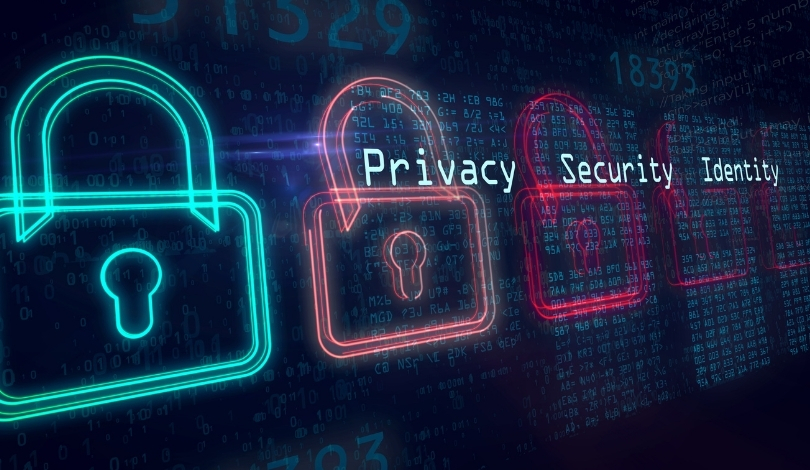House Homeland Security Chairman Mark Green is advancing legislation aimed at bolstering the United States’ cybersecurity workforce. The proposed bill seeks to establish a program within the Cybersecurity and Infrastructure Security Agency (CISA) that mirrors the Reserve Officer Training Corps (ROTC). By offering scholarships to students at community colleges and technical schools, the initiative aims to create a pipeline of skilled cyber professionals committed to federal, state, local, tribal, or territorial government roles after graduation.
The cybersecurity gap in the U.S. remains significant, with nearly half a million unfilled positions. This initiative targets individuals who may not pursue traditional four-year degrees or are considering career changes, addressing the persistent shortage of qualified professionals in the cyber domain. The bill, known as the Providing Individuals Various Opportunities for Technical Training to Build a Skills-Based Cyber Workforce Act of 2024 (PIVOTT Act), initially plans to involve 250 students, scaling up to 10,000 over time.
How Will the PIVOTT Act Structure the Program?
The PIVOTT Act integrates a structured training regimen, requiring participants to engage in at least four skills-based activities, such as hackathons or tabletop exercises. Additionally, the legislation mandates that CISA initiate the security clearance process for participants no later than one year before program completion, ensuring readiness for their roles upon graduation.
What Are the Challenges for Legislative Advancement?
The bill’s progression faces the typical constraints of an election year, which generally offers fewer legislative sessions compared to non-election periods. If not passed before the year’s end, the bill must be reintroduced in the next legislative session, potentially delaying its implementation.
How Does the PIVOTT Act Complement Existing Cyber Programs?
According to a committee aide, the PIVOTT Act is designed to complement rather than compete with existing initiatives like Cyber Corps. By leveraging CISA’s existing partnerships and resources, the bill aims to enhance the overall cybersecurity workforce development without duplicating efforts.
The PIVOTT Act aligns with broader governmental efforts to diversify and expand the cybersecurity workforce. National Cyber Director Harry Coker, Jr. has advocated for reducing four-year degree requirements to open opportunities for a wider range of candidates. This bill not only supports such measures but also emphasizes the importance of community colleges in supplying skilled cyber talent.
Future expansion plans include doubling the number of participants each year after the initial cohort, aiming to reach 1,000 students by the second year and ultimately scaling up to 10,000. The bill currently lacks a specified budget, leaving funding decisions to appropriators who may recognize the critical need for investment in cybersecurity personnel as the first line of defense against increasing cyber threats.
Conclusion: The introduction of the PIVOTT Act represents a strategic effort to address the cybersecurity talent shortage by creating a specialized training program within CISA. By targeting community and technical college students, the bill seeks to tap into a diverse pool of individuals who can fulfill crucial roles in government cyber operations. If successfully enacted, this initiative could significantly reduce the existing gap between cybersecurity job openings and qualified candidates, thereby enhancing national security infrastructure. The program’s incremental scaling approach allows for manageable growth and adaptation based on initial outcomes, ensuring its sustainability and effectiveness in the long term.
- Green introduces ROTC-like cybersecurity training bill.
- PIVOTT Act aims to engage 10,000 students eventually.
- Bill complements existing cyber workforce initiatives.










